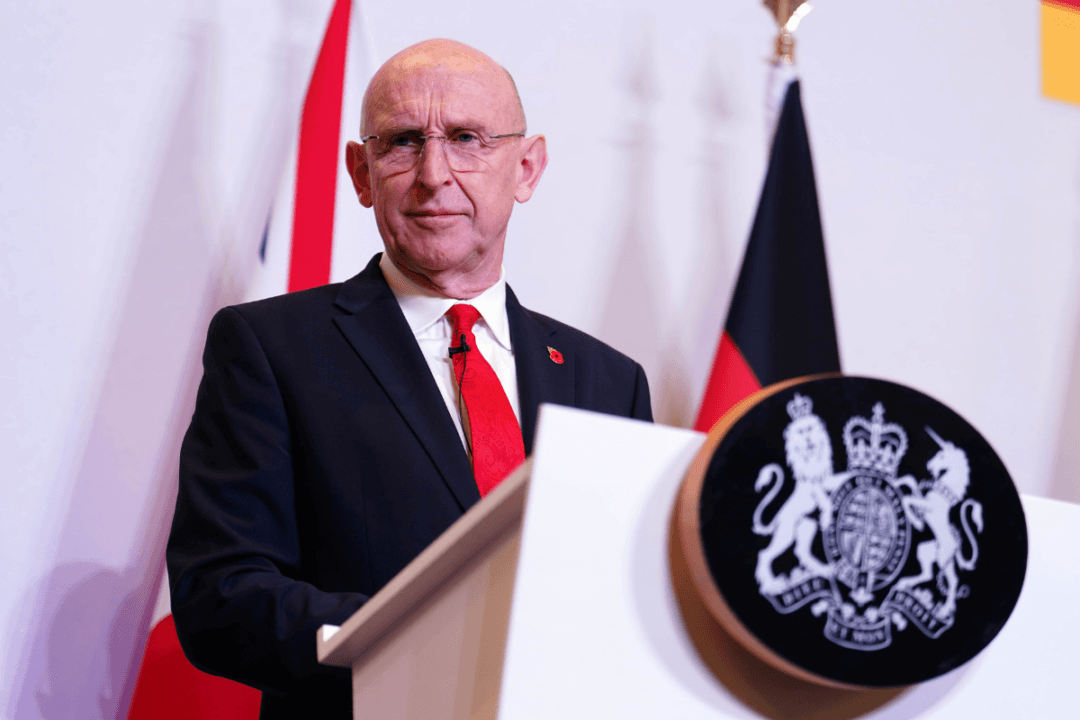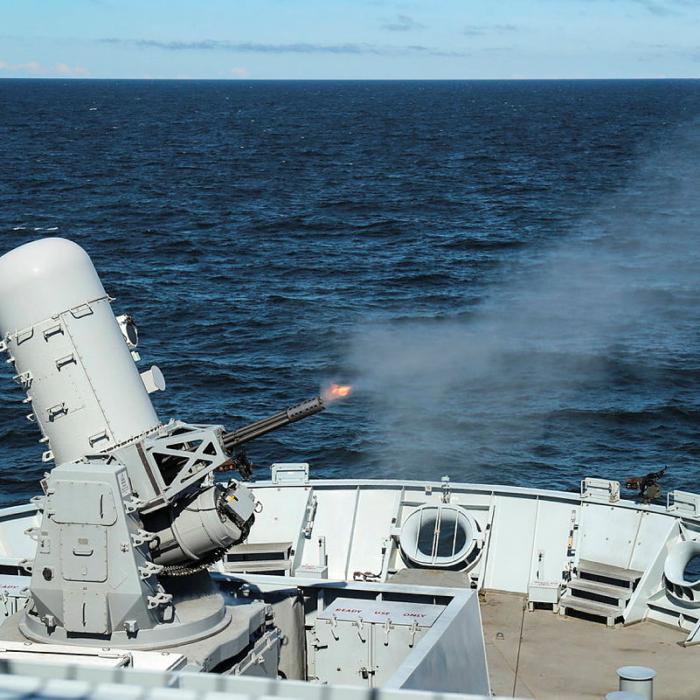Britain will invest in home-based defence firms and launch war game exercises under a new industrial strategy framework, the government has said.
Launched on Monday by Defence Secretary John Healey, the Defence Industrial Strategy (DIS) aims to deliver economic growth, while strengthening UK security and defence capabilities. It is meant to mobilise the private sector and help tackle global threats.
“National security is the foundation for national stability and growth. We are sending a signal to the market and to our adversaries: with a strong UK defence sector we will make Britain secure at home and strong abroad,” Healey said in a statement.
The Ministry of Defence (MoD) said it will prioritise and promote UK based businesses for defence investment and make the defence supply chain more resilient.
It plans to use war game exercises to test how the MoD and the industry deal with scenarios where supply chains and processes get disrupted as a result of a military conflict.
“What we’re doing for the first time today is that approach, war gaming, but with industry figures. And the reason behind this is that we need together—government and industry—to be capable of innovation at a wartime pace,” Healey has said.
New Investments
The Ministry of Defence (MoD) announcement coincides with expected new investments and developments from defence companies across the UK.Helsing, Europe’s largest defence AI company, plans to mass-produce thousands of AI-enabled drones as part of a £350 million investment in the UK over the next five years.
These facilities are critical for manufacturing and testing military aircraft, including the Eurofighter Typhoon.
Reports of plans to replace Typhoons with U.S.-built F-35A aircraft led to calls by union leaders, urging the government to back British defence businesses and protect jobs.
“Under previous governments we lost far too much of our onshore capabilities. We need delivery on jobs + skills or we can’t remain a top tier military power,” the union said on Monday.
The government also said that Rolls-Royce will create 120 new jobs in Scotland to support the delivery of major UK submarine programmes. Elsewhere, services provider Babcock is set to announce hundreds of jobs and apprenticeships to support UK defence over the coming year.
Defence Spending
The government’s ambition is to secure the highest sustained growth in the G7, with more than 200,000 UK jobs supported through spend with the defence industry.The DIS was a manifesto pledge and will be informed but remain separate from the government’s Strategic Defence Review (SDR). The DIS will be published in the first half of 2025.
The government has committed to spending 2.5 percent of GDP on defence and will set a clear path in the spring.
Shadow defence secretary James Cartlidge said on Monday that Labour had once again delayed clarifying their spending commitment plans.
“Today Labour are announcing a Defence Industrial Strategy whilst delaying their 2.5 percent timetable once again, from March to June. With every day that 2.5 percent is delayed, Labour undermines the ability of our armed forces to rearm at the pace and scale they need to meet today’s threats,” Cartlidge said.







